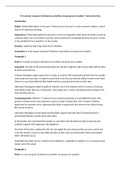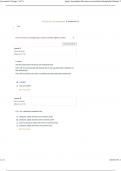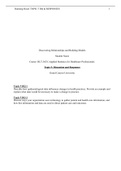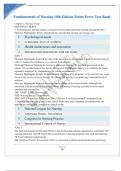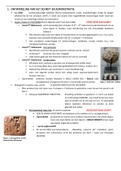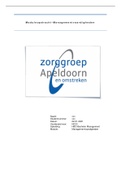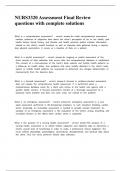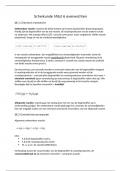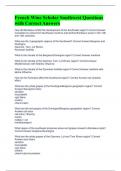Summary
Summary Liberation Theology ESSAY PLANS- Philosophy & Ethics A Level
- Module
- Religion and ethics
- Institution
- OCR
3 ESSAY PLANS INCLUDED IN THIS BUNDLE These essay plans helped me get an A* overall in OCR Philosophy & Ethics (Full Marks on ethics paper). Essay plans surrounding Liberation Theology. The essay plans have a particular focus on AO1, so that students are able to learn this topics content whil...
[Show more]
